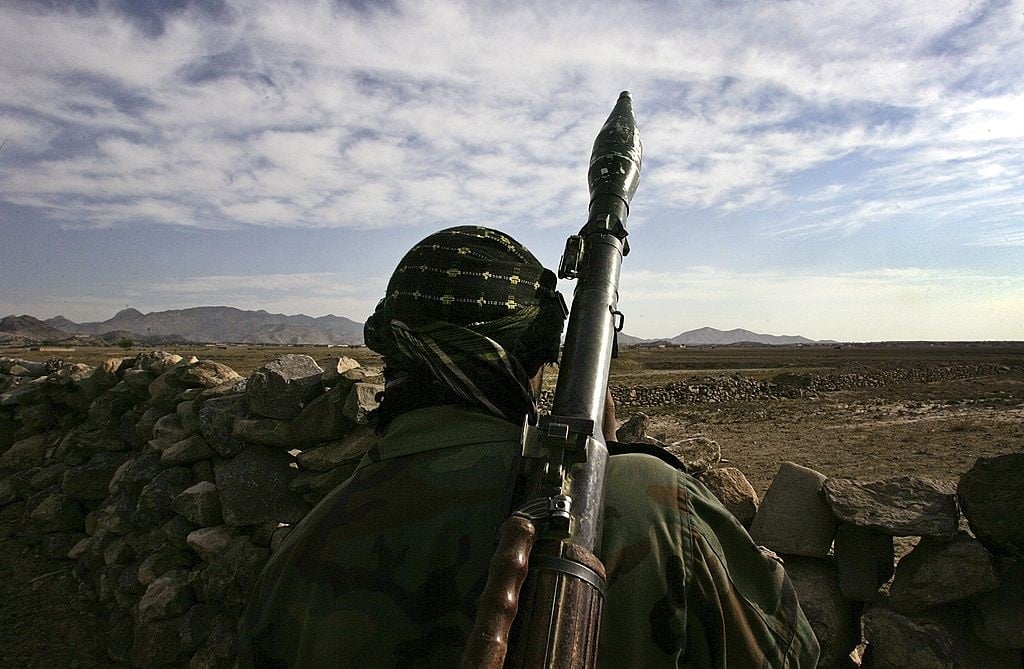
- Afghan and Taliban representatives say they have began peace deal talks.
- This comes after 19 years of war.
- The agreement lays out a way forward for peace discussions.
Afghan government and Taliban representatives said they have reached a preliminary deal to press on with peace talks, their first written agreement in 19 years of war.
The agreement on Wednesday lays out the way forward for further discussion but is considered a breakthrough because it will allow negotiators to move on to more substantive issues, including talks on a ceasefire.
“The procedure including its preamble of the negotiation has been finalised and from now on, the negotiation will begin on the agenda,” Nader Nadery, a member of the Afghan government’s negotiating team, told Reuters.
The Taliban spokesman confirmed the same on Twitter.
US Special Representative for Afghan Reconciliation Zalmay Khalilzad said that the two sides had agreed on a “three-page agreement codifing rules and procedures for their negotiations on a political road map and a comprehensive ceasefire”.
The agreement comes after months of discussions in Doha, the capital of Qatar, in negotiations encouraged by the United States. In Afghanistan, the two sides are still at war, with Taliban attacks on government forces continuing unabated.
The Taliban has refused to agree to a ceasefire during the preliminary stages of talks, despite calls from Western capitals and global bodies, saying that would be taken up only when the way forward for talks was agreed upon.
Positive
United Nations envoy for Afghanistan Deborah Lyons welcomed the “positive development” on Twitter, adding that “this breakthrough should be a springboard to reach the peace wanted by all Afghans”.
Last month, an agreement reached between Taliban and government negotiators was held up at the last minute after the Taliban baulked at the document’s preamble because it mentioned the Afghan government by name.
The Taliban refused to refer to the Afghan negotiating team as representatives of the Afghan government, as they contest the legitimacy of the administration led by President Ashraf Ghani.
